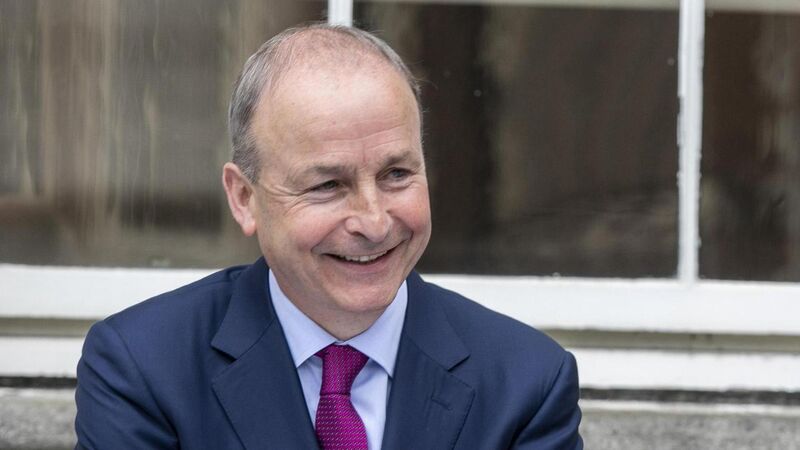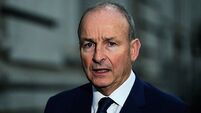Daniel McConnell: We are fast approaching this Government’s half-way stage

Unfortunately for Taoiseach Micheál Martin, his tenure at the top of our government will certainly not be remembered as one of his great successes.
Two years ago this Monday, on that rainy and windy afternoon in Dublin’s Convention Centre, Micheál Martin achieved his dream of becoming Taoiseach, and formed the historic Fine Gael/Fianna Fáil/Green Party coalition.
As the gales whipped up the Dublin docklands, Martin stepped out of the building into his awaiting ministerial car.















